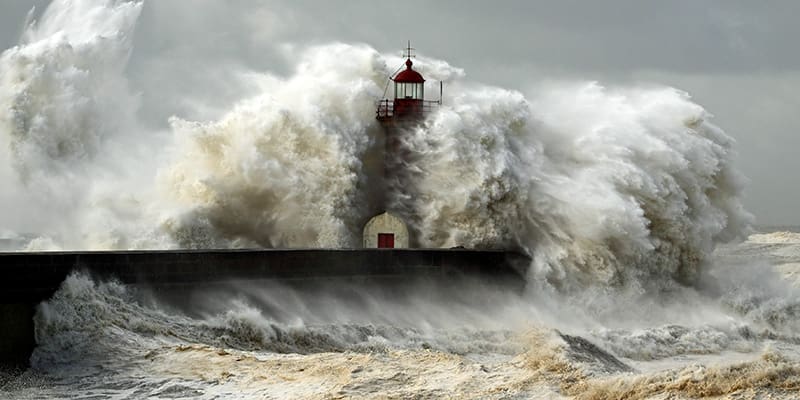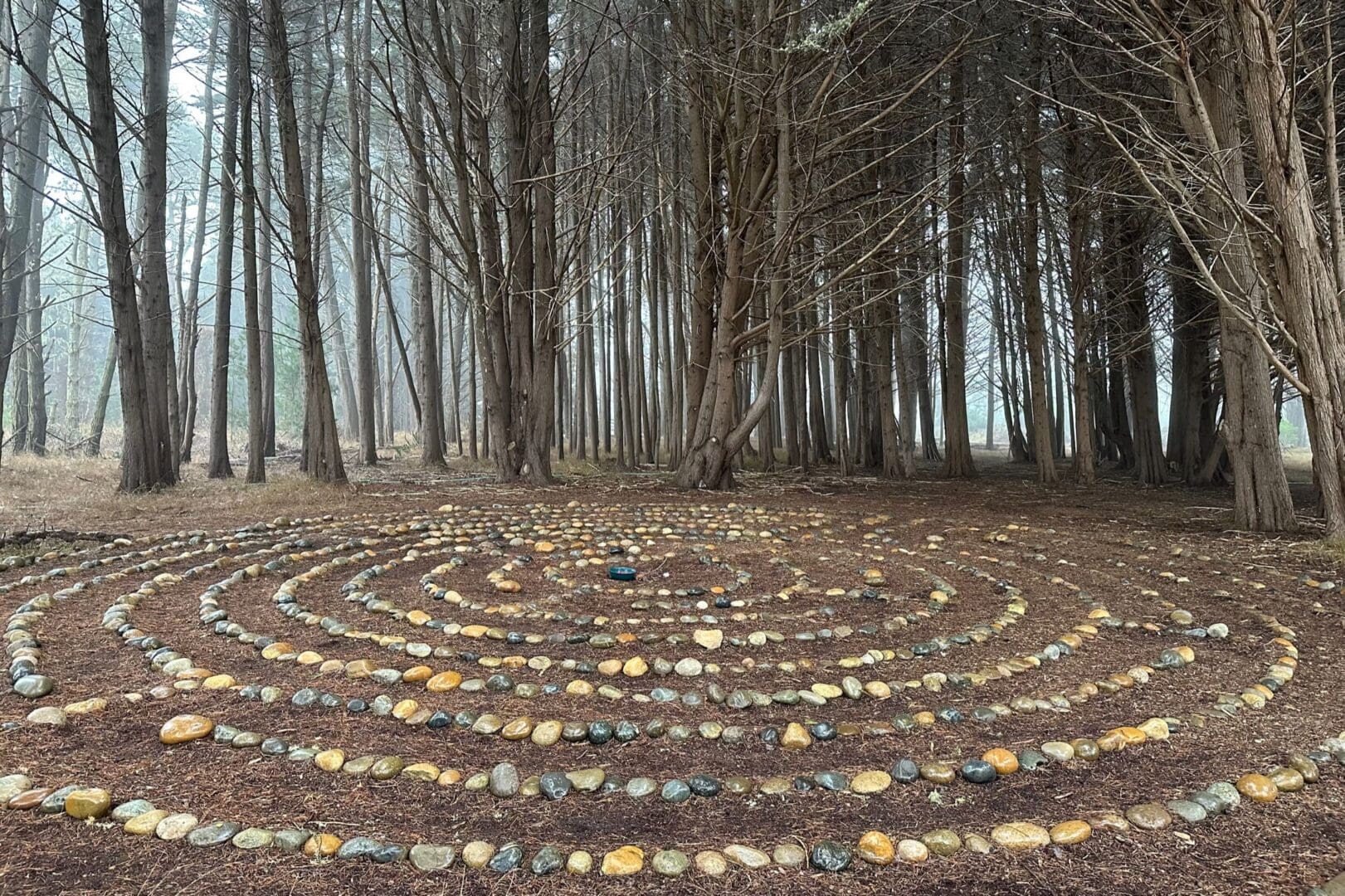Dear New School Friends:
Many of you know that just over six months ago I had a life-saving surgery for an abdominal aortic aneurysm at the University of California San Francisco Medical Center. The six-month recovery was often arduous. The whole experience catapulted me into a new stage of life. I am grateful to be alive. I am grateful for the new stage of life. I am grateful for it all.
I recently did a spiritual biography conversation with New School Host and Rabbi Irwin Keller, just after he was ordained as a full-fledged rabbi. I have always considered myself half Christian on my mother’s side and half Jewish on my father’s side. I sometimes describe myself as a Jewish Christian Buddhist Yogic Sufi with Taoist influences. The spiritual biography with Irwin helped me change something deep in my spiritual identity. I came to understand myself as fully Jewish and fully Christ centered. Both sides of my heritage are now complete rather than being half and half.
It is a significant shift for me. I think Irwin is the only person that could possibly be a rabbi for me. He is married to Oren Slozberg, Commonweal’s executive director. He has a long and remarkable 20-year history as a founding member of a gay a capella group. He was a civil rights attorney who wrote early legislation on gay rights for the city of Chicago. And he has led a Jewish congregation in Sonoma County as their spiritual leader for many years before he was ordained as a rabbi. Irwin’s congregation is as open and eclectic as he is. I commend his spiritual biography to you. It will give you an insight into what is possible in a spiritually open religious tradition.
****
As for me, the Christ centered dimension of my being remains as essential as ever. For almost 40 years, I have been engaged with the Integral Yoga tradition whose core teaching is that “truth is one, paths are many.” So my eclectic identity as a Jewish Christian Buddhist yogic Sufi with Taoist influences reflects the 5 ½ traditions that have truly open to me over four decades of reading and practice in the wisdom traditions.
****
This may be good questions to ask yourself. At a time when so many of us live in families and communities of diverse and often blended traditions, how do you hold your own spiritual identity? What are the religious or spiritual traditions that come from your family? What are the traditions that have helped you on your journey? And what are the traditions that nourish you now?
****
I have a friend who often has told me that he sees me as a 21st-century rabbi. I never was able to hold this with anything other than bemused gratitude. But a few days ago I had a dream. I was in a room at Pacific house at Commonweal with my friend. I said to him, “Tobias, you’ve often told me you see me as a 21st-century rabbi and I never knew what to do with that. But I find myself beginning to be able to understand that now.” Then in the dream I looked down at my feet. I was wearing low-top white sneakers. The laces were untied. I bent down and began to try to tie them. That is when I woke up.
There is an old Hasidic tale in which two young rabbis are talking about why they go to see their rabbis. One says to the other that he goes for his rabbi’s great spiritual teachings. The other responds “I go to watch my rabbi tie his shoes.”
****
Many years ago in Bolinas I had an entheogenic experience. I was walking home along one of the many dirt roads in Bolinas when I experienced myself as a young rabbi in rural Russia perhaps 100 years ago. The whole world around me was suffused with color and joy in the presence of the ineffable. And I was walking home to be with my young wife.
****
My father’s family of origin was Russian Jewish. His father and his father before him were scholars of Torah in the little shtetl in which they lived. They led the services when the itinerant rabbi was not there to lead them. Both my grandfather and my great grandfather were deeply religious and indeed mystical men. So while I am in no way equipped to be a true 21st-century rabbi, at least now I have my own 21st-century rabbi. His name is Irwin Keller. I happen to think he is a great spiritual teacher. His humility is so deep that I doubt he could ever countenance that description. That is part of what makes me believe that is true. Enjoy his spiritual biography. And reflect on how, if at all, your spiritual identity has evolved over time, and how powerful these shifts can be.
Michael




